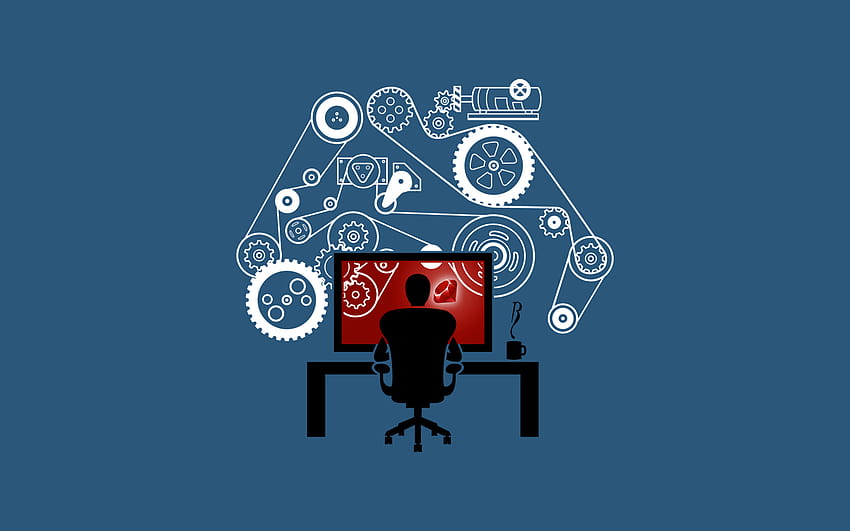
Introduction
In today’s rapidly evolving business landscape, organizations recognize the significance of their most valuable asset: their workforce. Human resources (H.R.) departments are pivotal in managing and optimizing this asset, ensuring the right people are in the correct positions, fostering employee growth and engagement, and driving organizational success.
Many forward-thinking companies are turning to human resources software to streamline and enhance H.R. operations. This article explores the transformative power of HR software, highlighting its benefits, key features, and potential to empower organizations for success.
Streamlining Human Resources Operations
Human resources software is a comprehensive solution to streamline HR operations and automate time-consuming administrative tasks. It simplifies and centralizes crucial HR functions such as recruitment, onboarding, payroll, benefits administration, performance management, and training.
By eliminating manual processes and paper-based documentation, HR software saves valuable time. It reduces the risk of errors, enabling HR professionals to focus on strategic initiatives that drive business growth.
Recruitment and Talent Management
One of the primary objectives of HR software is to optimize the recruitment and talent management process. These systems offer robust applicant tracking systems (ATS) that facilitate job posting, resume screening, interview scheduling, and candidate evaluation.
Advanced HR software may even incorporate artificial intelligence algorithms to identify top candidates based on specific criteria. Once hired, the software aids in managing employee data, tracking performance, setting goals, and identifying areas for professional development.
Employee Self-Service and Engagement
Modern HR software often includes employee self-service portals, allowing employees to access and update their personal information, request time off, review pay stubs, and enroll in benefits programs.
This self-service functionality empowers employees to take control of their HR-related tasks and reduces the administrative burden on HR teams. Moreover, HR software often integrates with collaboration and communication tools, fostering better employee engagement, feedback, and overall satisfaction.
Data Analytics and Reporting
HR software generates valuable insights by capturing and analyzing employee data. With customizable reporting capabilities, HR professionals can comprehensively view workforce metrics, such as turnover rates, time-to-hire, employee performance, and training effectiveness. These analytics empower organizations to make data-driven decisions, identify trends, and proactively address potential issues. By leveraging the power of data, HR software enhances strategic workforce planning and cultivates a high-performance culture.
Compliance and Security
Compliance with labor laws, regulations, and data security requirements is critical for any organization. HR software helps ensure compliance by automating payroll calculations, tax deductions, and benefits administration, reducing the risk of errors and penalties. Additionally, modern HR software incorporates robust security measures to protect sensitive employee information, including data encryption, access controls, and regular data backups.
Also Read: Why Do You Need Sales Enablement Software for Your Company?
Integration and Scalability
HR software should seamlessly integrate with other essential business systems, such as payroll, accounting, and enterprise resource planning (ERP) solutions, to maximize efficiency and productivity. Integration facilitates data sharing, eliminates duplication, and enables real-time updates across various departments. Furthermore, HR software is designed to scale with the organization’s growth, accommodating a growing workforce’s changing needs and complexities.
Conclusion
Human resources software has revolutionized how organizations manage their workforce, enabling HR departments to shift their focus from administrative tasks to strategic initiatives.
By streamlining HR operations, optimizing talent management, promoting employee self-service, and providing valuable analytics, HR software empowers organizations to make informed decisions, improve efficiency, foster employee engagement, and drive overall success. As technology advances, embracing HR software becomes essential for organizations seeking to stay competitive, agile, and people-centric in the ever-evolving business landscape.







